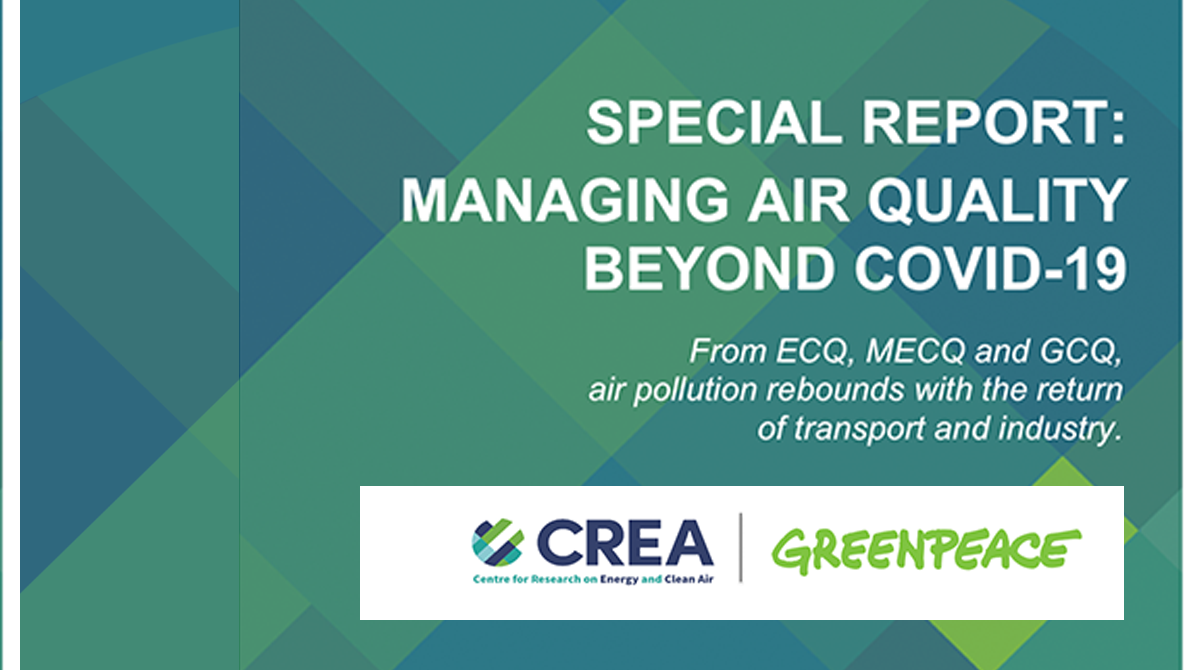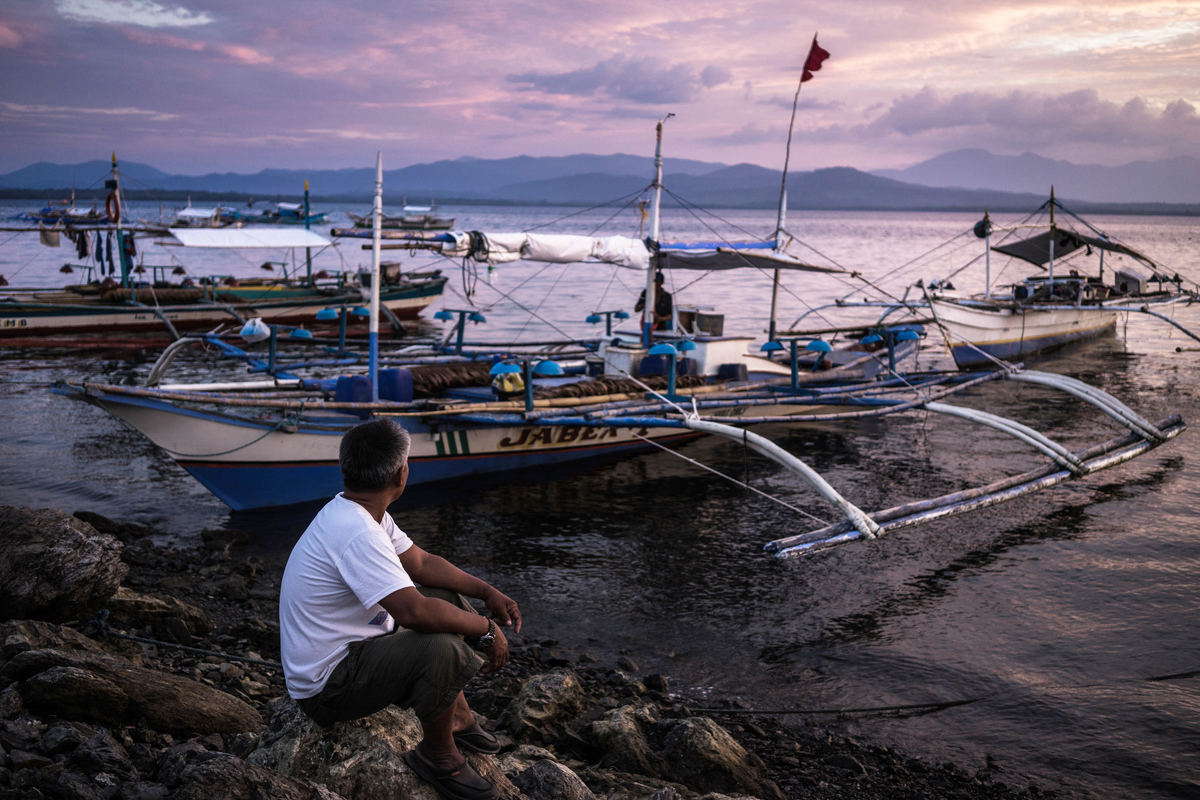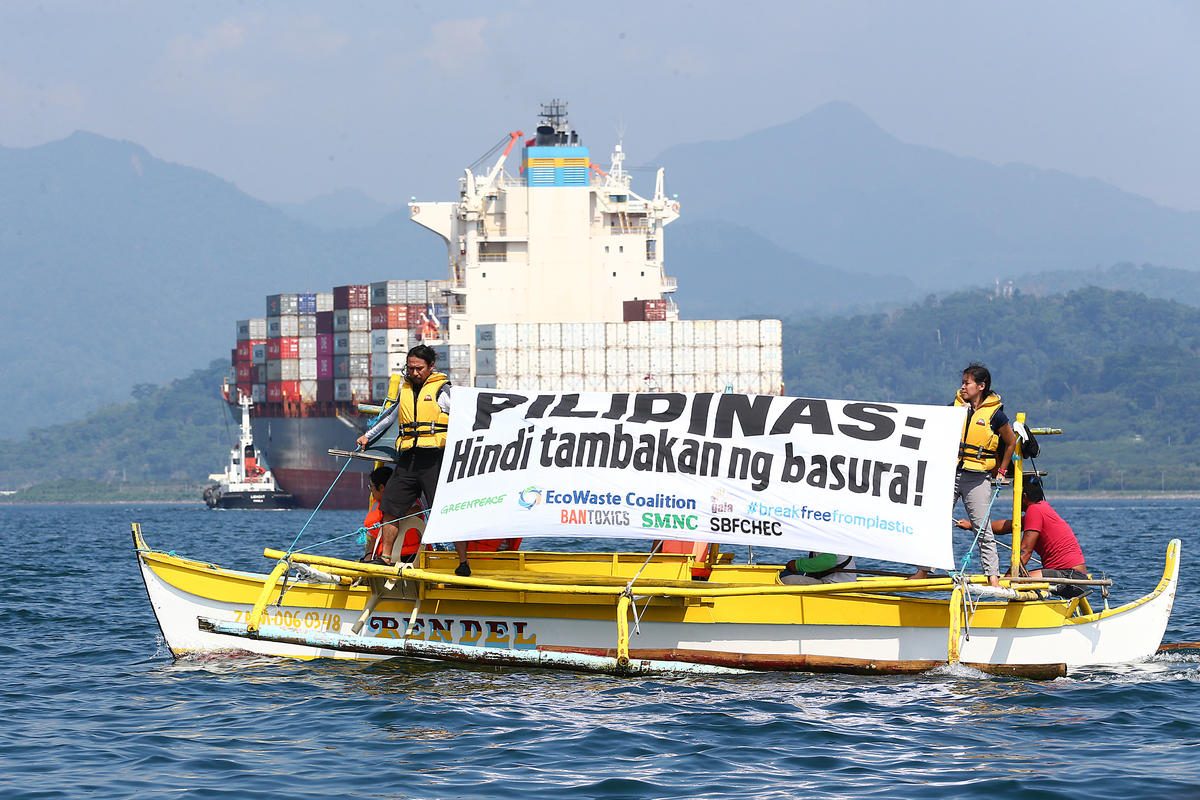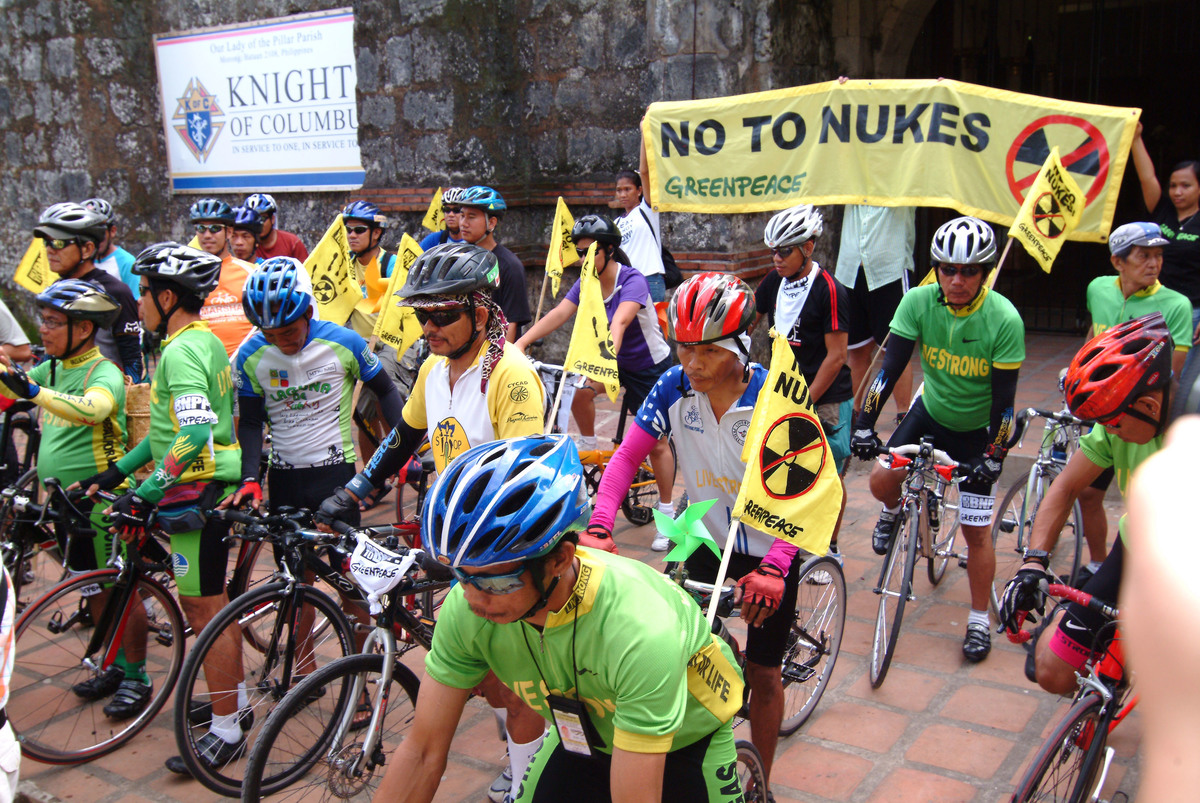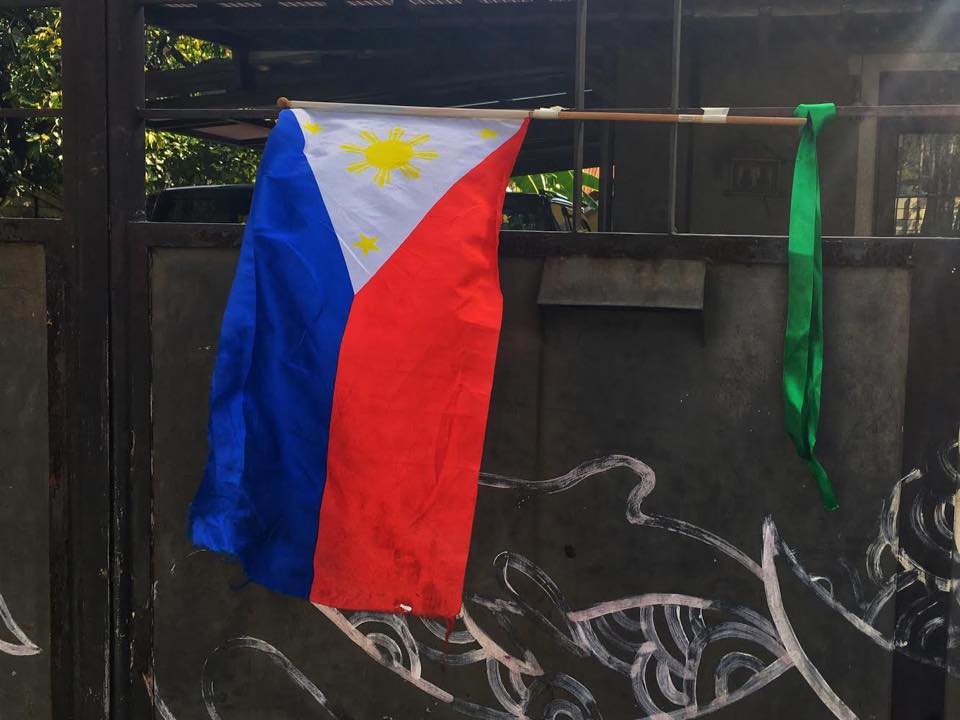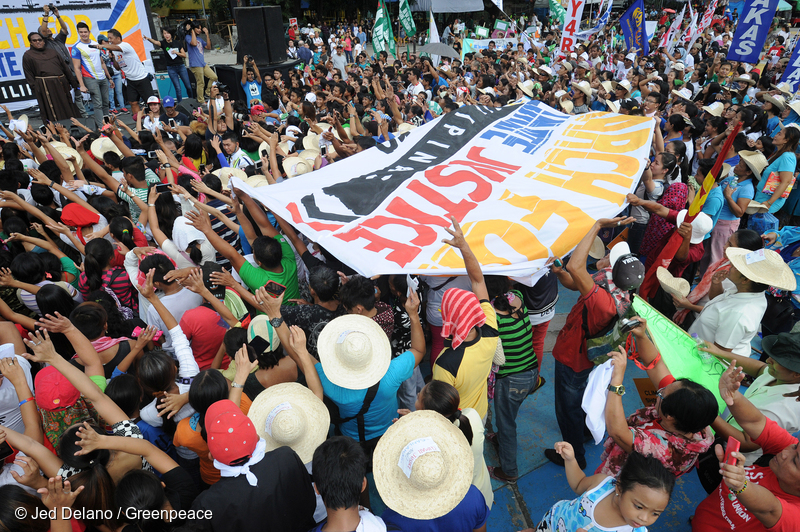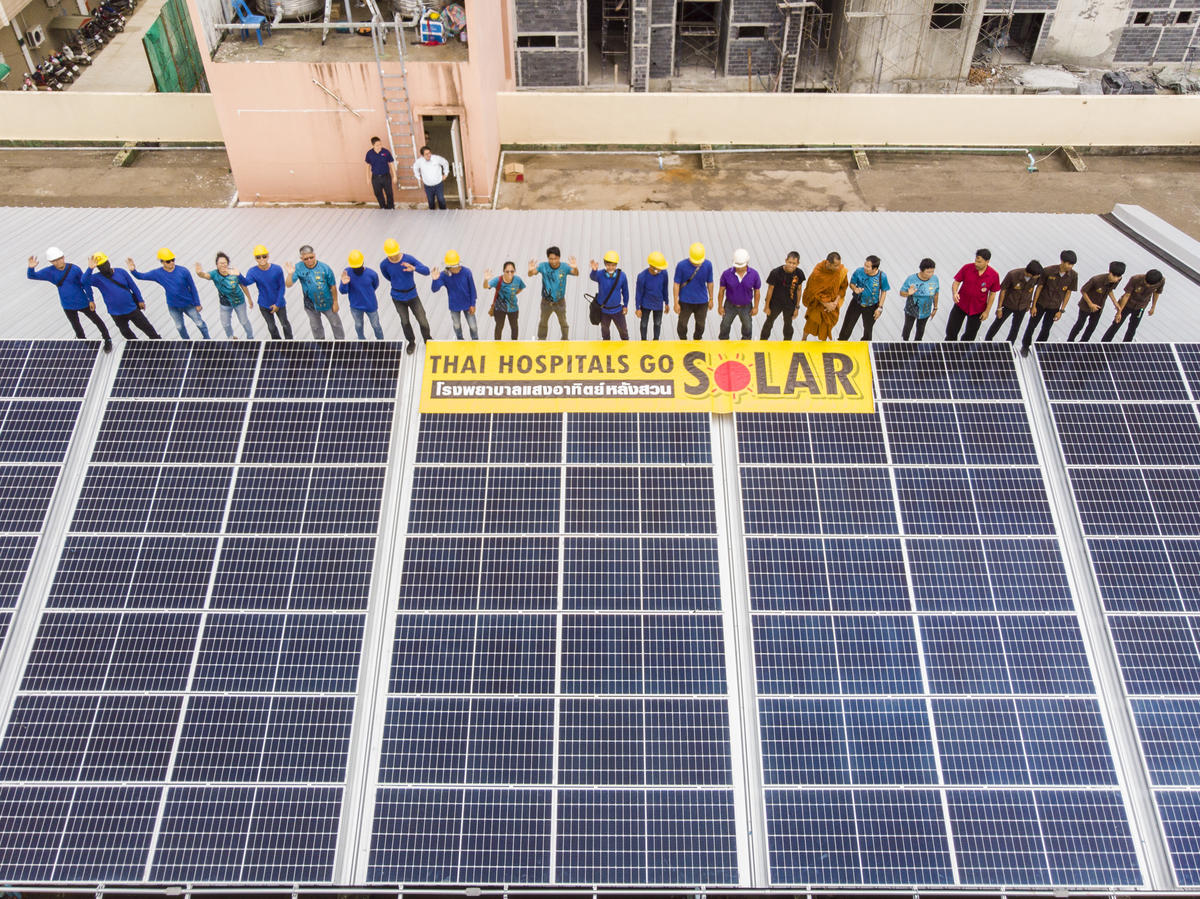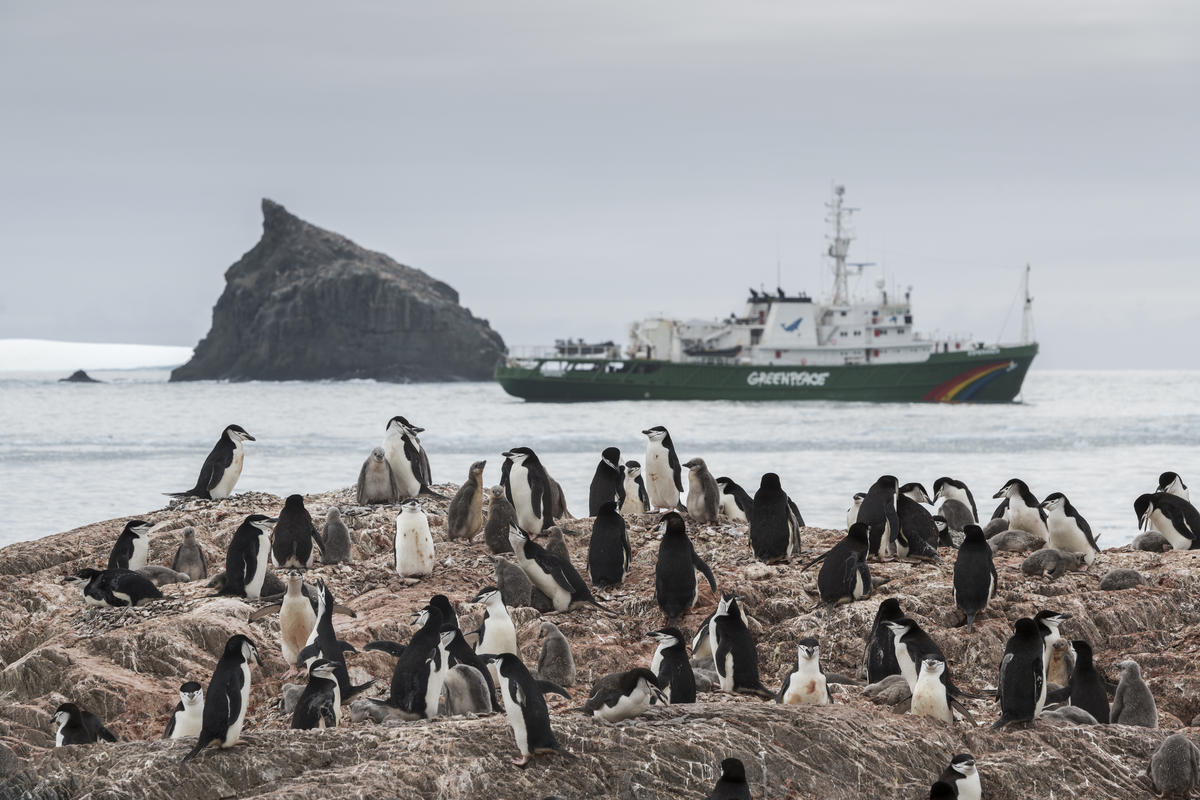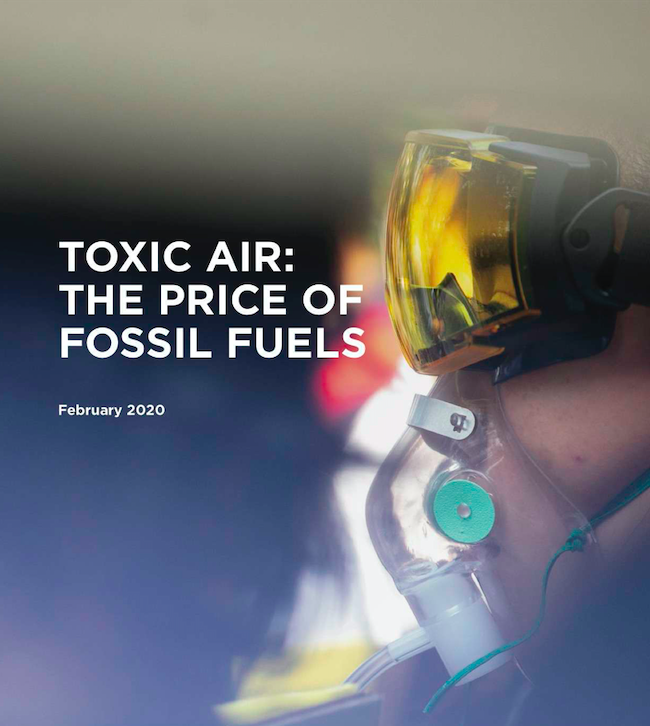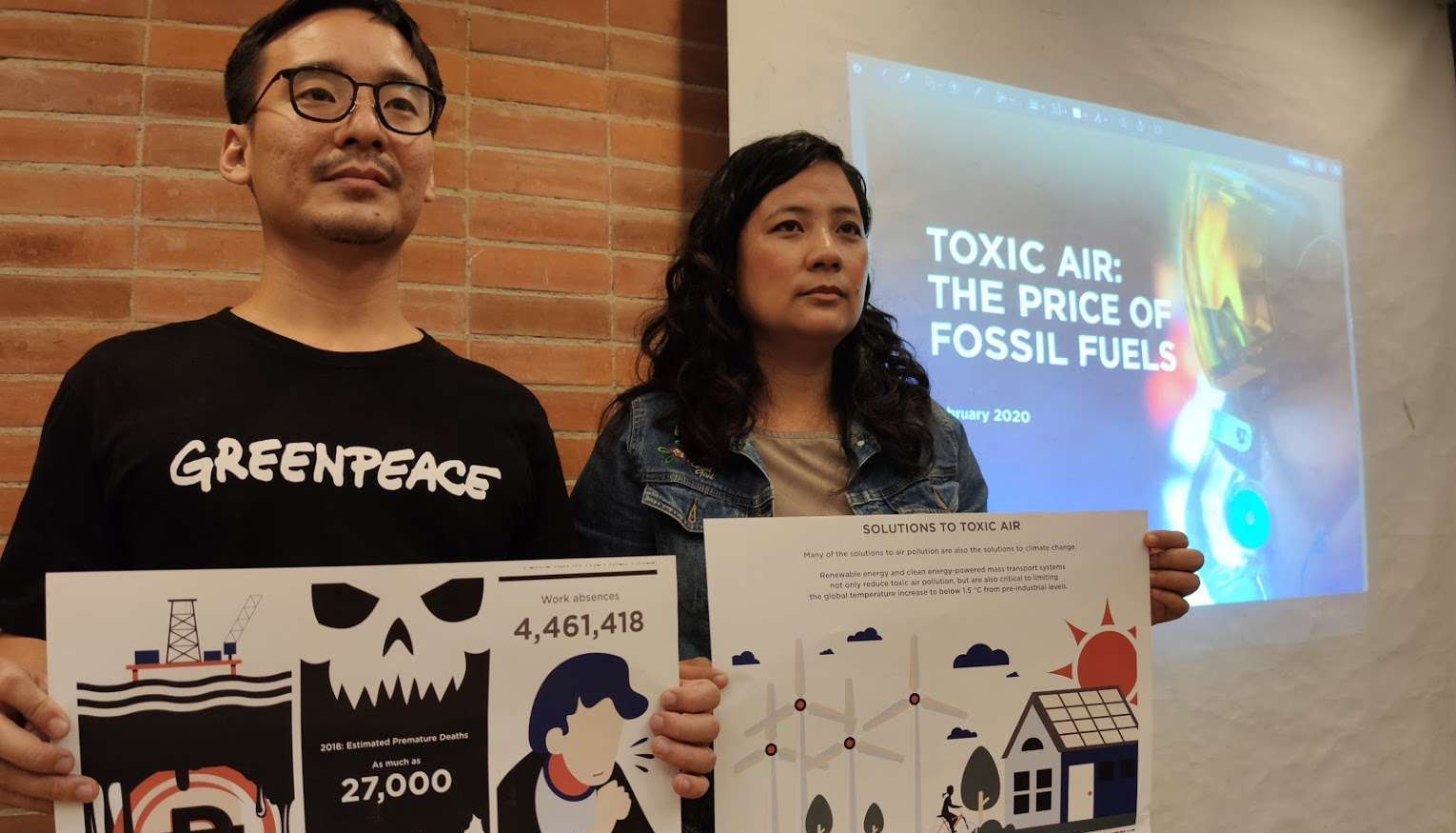-
SPECIAL REPORT: Managing air quality beyond COVID-19
Air pollution doesn’t have to be an inescapable reality. The ECQ gave Filipino citizens a glimpse of what cities can be like with vastly improved air quality. It also showed us that air pollution can be solved without sacrificing people’s access to mobility.
-
Healing the Sea: Our fisherfolk frontliners in the time of COVID
Stories from fishing communities in the Visayas. Calls for sustainability and food security amid the global pandemic.
-
Green groups: Total ban on waste importation now more urgent to protect PH from post-COVID health, environmental risks
Greenpeace Philippines and EcoWaste Coalition renewed calls for improved protection of Filipinos against health risks from hazardous waste imports beyond the COVID-19 pandemic.
-
Nuclear energy will be a great burden on Filipinos, Greenpeace warns
Greenpeace today called on the Department of Energy to stop pursuing nuclear energy as it will only further burden Filipino consumers economically and expose the country and its citizens to more health hazards
-
Humanity and Community in the Age of the Covid-19 Pandemic
This crisis is challenging us, as a species, to bring about an increased sense of our humanity, community and compassion.
-
Ang tao, ang bayan: A journey to Climate Justice must be fueled by people united
Martial Law in the Philippines in the 1970s and ‘80s… During those turbulent times, students were at the forefront of massive mobilizations, religious groups were occupying the streets, and people…
-
Here’s how people power is tackling air pollution
Despite the shocking negligence by big corporations, people are coming together to fight for a future where we can all breathe air that does not harm us, our children or the planet.
-
Antarctic penguin colonies decline by as much as 77% in last 50 years
As wildlife struggles, we urgently need sanctuaries ... so marine life like penguins have the space to recover from human activity and adapt to our rapidly changing climate.
-
Toxic Air: The Price of Fossil Fuels
A groundbreaking report from Greenpeace Southeast Asia and the Centre for Research on Energy and Clean Air (CREA) about the global cost of air pollution from fossil fuels.
-
Air pollution from fossil fuels a major cause of premature deaths
This report reveals the cost of air pollution from fossil fuels and highlights solutions that can protect our health and benefit our communities.

